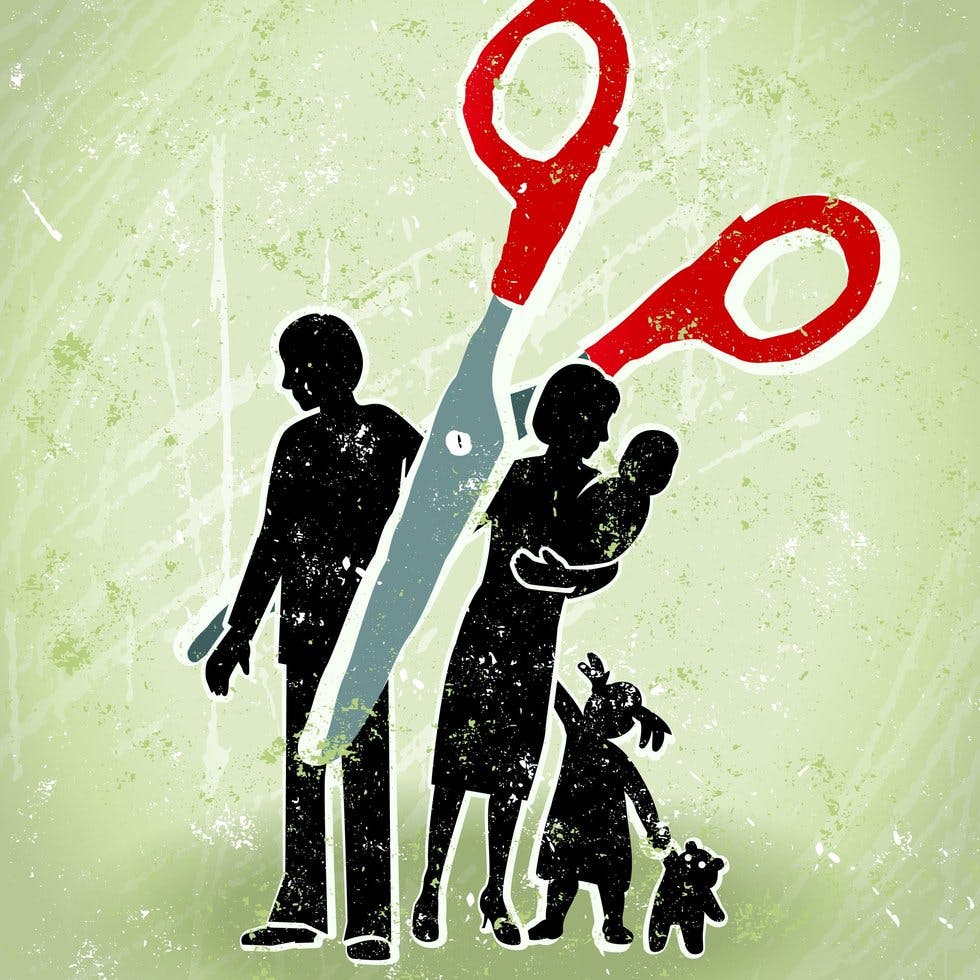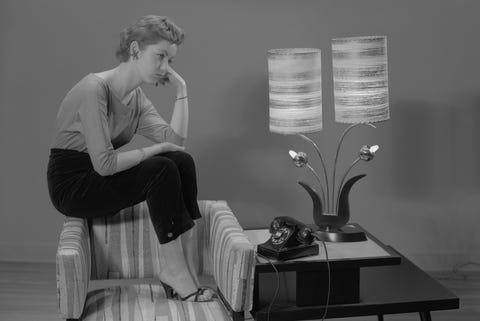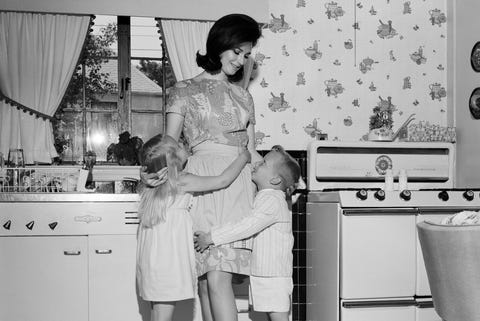When everyone around you is
happily indulging in all the festive season has to offer, how do you deal with
your broken heart?
If you’re nursing a broken heart, your idea of a good time might be to curl up in your comfiest pyjamas, sink into the sofa and watch Brooklyn 99 on repeat.
But it’s Christmas. There is tinsel everywhere, festive music playing every time you turn the radio on, and your friends, colleagues and family expect you to be as cheery as Mariah Carey rolling about in the snow.
It’s fair to say that Christmas and a broken heart might not go hand in hand, but here, three writers share their advice for how to get through the season of unending cheer.
Jean Hannah
Edelstein: “You can’t cancel Christmas for everyone”

You can’t cancel Christmas for everyone. But you can, I realised, kind of cancel Christmas for yourself. I decided to take an opt-in approach that year: to participate in the things that I liked (eating bread sauce, volunteering at a homeless shelter), to give myself the permission to skip the things I didn’t (the office Christmas party, dinner with distant relatives).
Did I feel guilty? A little.
But my family found it forgivable: the truth is that the people who love you
most can handle a festive season in which you’re not wholehearted. Don’t worry
too much about them. The best gift you can give yourself when your heart is
aching at Christmas is space to feel your feelings, no matter how
un-Christmassy they are. The second best gift is the sigh of relief you’ll
breathe on Boxing Day when you realize you’ve made it through.
Kate Davies:
“Accept you’ll have a miserable Christmas”

There is no good time to be
heartbroken, but being heartbroken at Christmas is particularly horrible,
because all around you people are getting engaged, walking hand-in-hand through
Christmas markets and generally pretending to be in a Nancy Myers’ film. If you
can ignore all that, though, the festive season is actually a good time to feel
terrible. You get time off work without using up your annual leave and it’s
completely acceptable to wear pyjamas all day and eat chocolate for breakfast.
Stay well away from social media. You do not need to see selfies of
people snogging under mistletoe when you’re feeling delicate. Turn your phone
off and do something absorbing that distracts you from your thoughts, like
baking mince pies or making paper chains. (All activities suitable for
five-year-olds are also extremely good for heartbreak, like playing with
Playdoh and reading Bramley Hedge books.)Make plans for the new year, but don’t make resolutions that will make you feel like a failure if you don’t keep them. Give yourself things to look forward to, instead – a haircut, or a weekend away with the friends your ex didn’t like. Book a Eurostar ticket in the sale! Why not? You can be spontaneous now. You don’t have to answer to anyone. 2019 is a completely new year, fresh and unspoiled, like a new set of John Lewis bed sheets (something else you could buy in the sale). At least Christmas means that 2018 is nearly over, and I think we can all agree that’s something to celebrate.
Amelia Abraham:
“Decide who you do and don’t want to meet under the mistletoe”

The best advice anyone ever gave me after a breakup was to make a ‘bang list’. Go to a pub with your best friend, order a large glass of wine, and divide a piece of A4 paper into three columns.
“Prestige pulls” is the column for minor celebrities you fancy, people that you’ve long lusted after but thought were totally out of your league.
“Could happen” is for all the people you’ve had a flirtatious vibe with during your now defunct relationship, and “Back Bench” is people you’ve slept with before and could potentially revisit in the dead space between Christmas and New Year.
In fact, think of this as like a list of New Year’s Resolutions, only for potential shags.
You don’t actually have to accomplish anything on the Bang List, it’s just an exercise in channelling your misery into optimism. But I’ve found that deciding who you do and don’t want to meet under the mistletoe early on can prevent some terrible mistakes…















